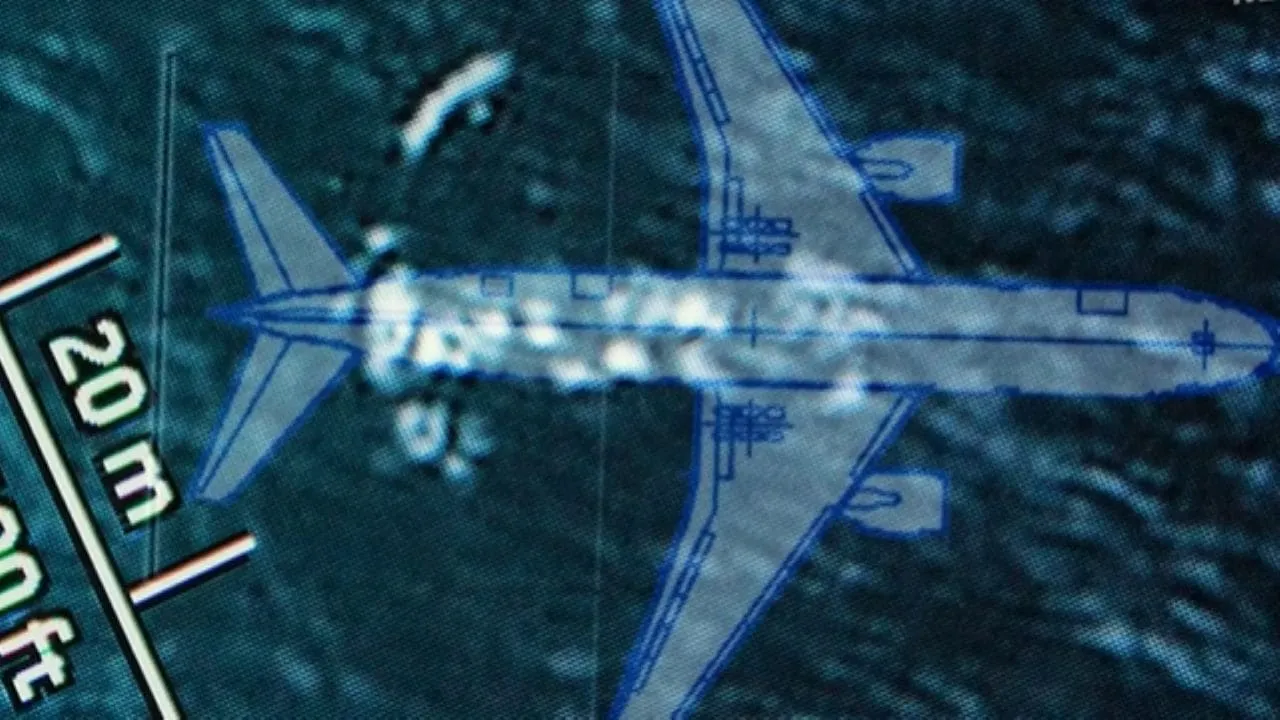MH370 Mystery Solved: What You Need to Know About the New Discovery

MH370 Mystery Unraveled
A scientist from the University of Tasmania's Institute for Marine and Antarctic Studies claims that the mystery surrounding Malaysia Airlines Flight MH370 may be nearing resolution. In a recent publication titled “Mystery of MH370 Solved by Science,” the researcher proposes that the aircraft could be located at a site determined by the intersection of the longitude of Penang airport and a calculated flight path.
Details of the New Discovery
- This theory points to a specific geographic location where the MH370 aircraft site may lie.
- It revisits a flight path once overlooked, derived from the simulator used by the Pilot-in-Command.
- The new insights could significantly impact the long-standing MH370 investigation results.
Implications for the 10-Year Search
The revelation sparks intrigue regarding the MH370 new theory, especially as we mark a decade since the aircraft's disappearance. It raises questions about the accuracy of past searches and the potential validation of this latest hypothesis.
This article was prepared using information from open sources in accordance with the principles of Ethical Policy. The editorial team is not responsible for absolute accuracy, as it relies on data from the sources referenced.